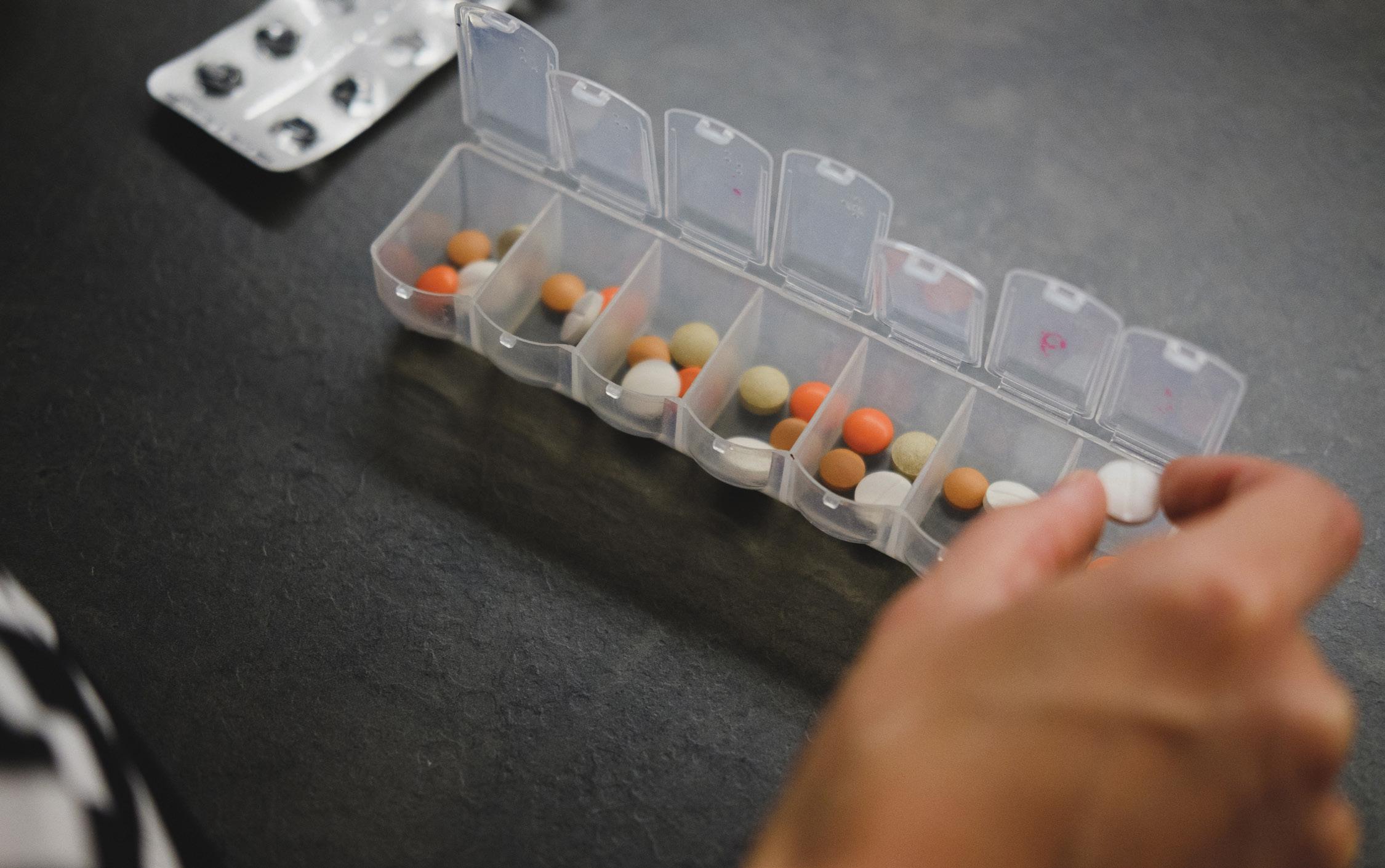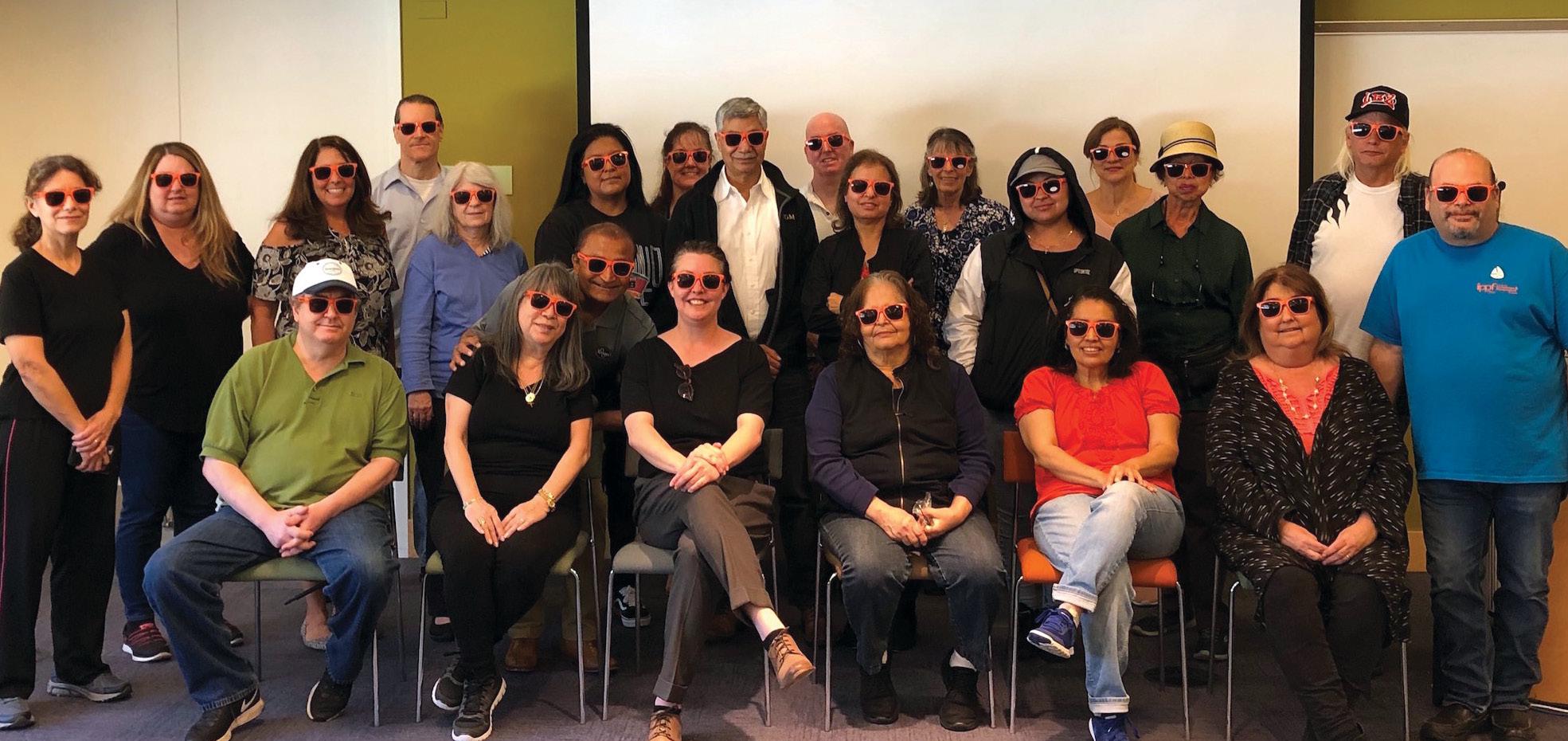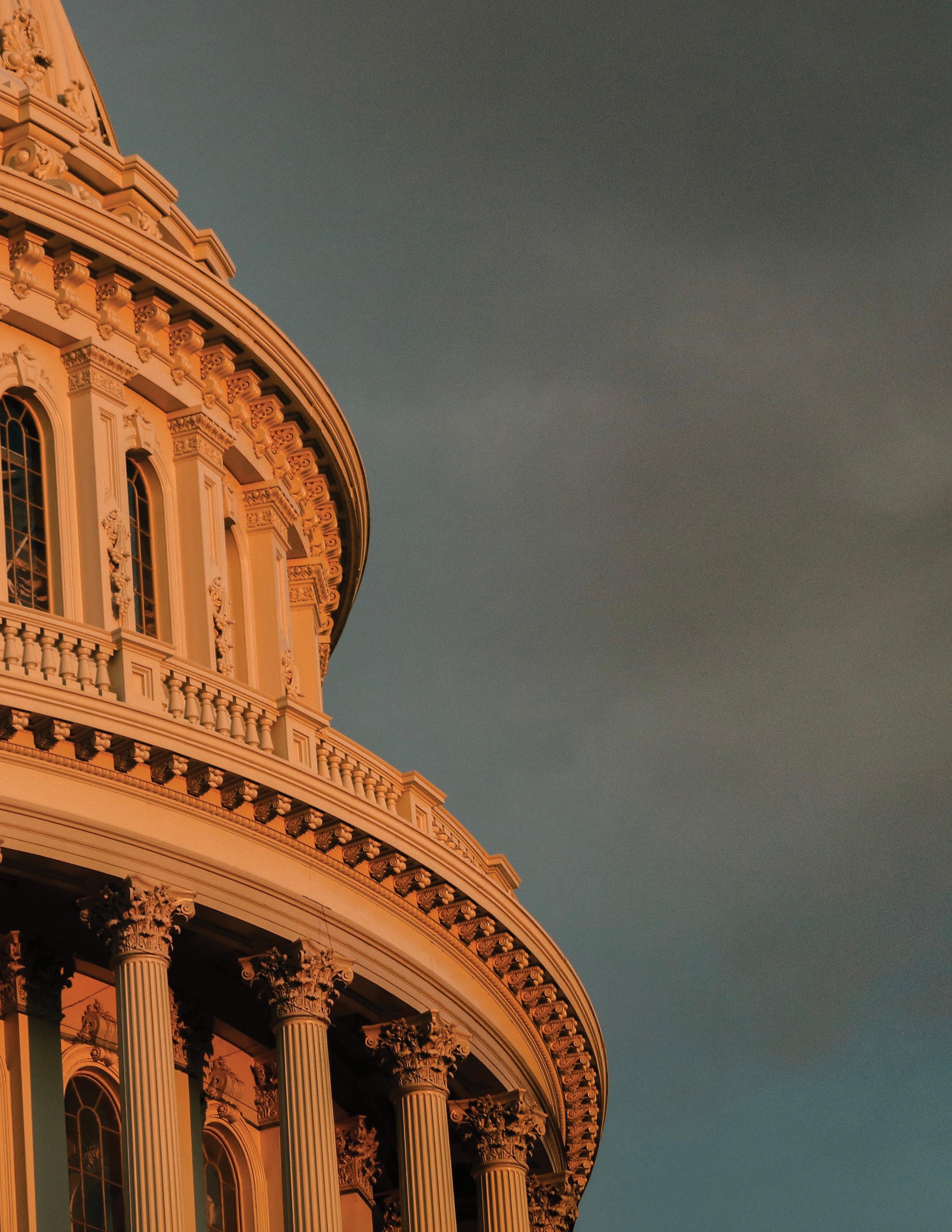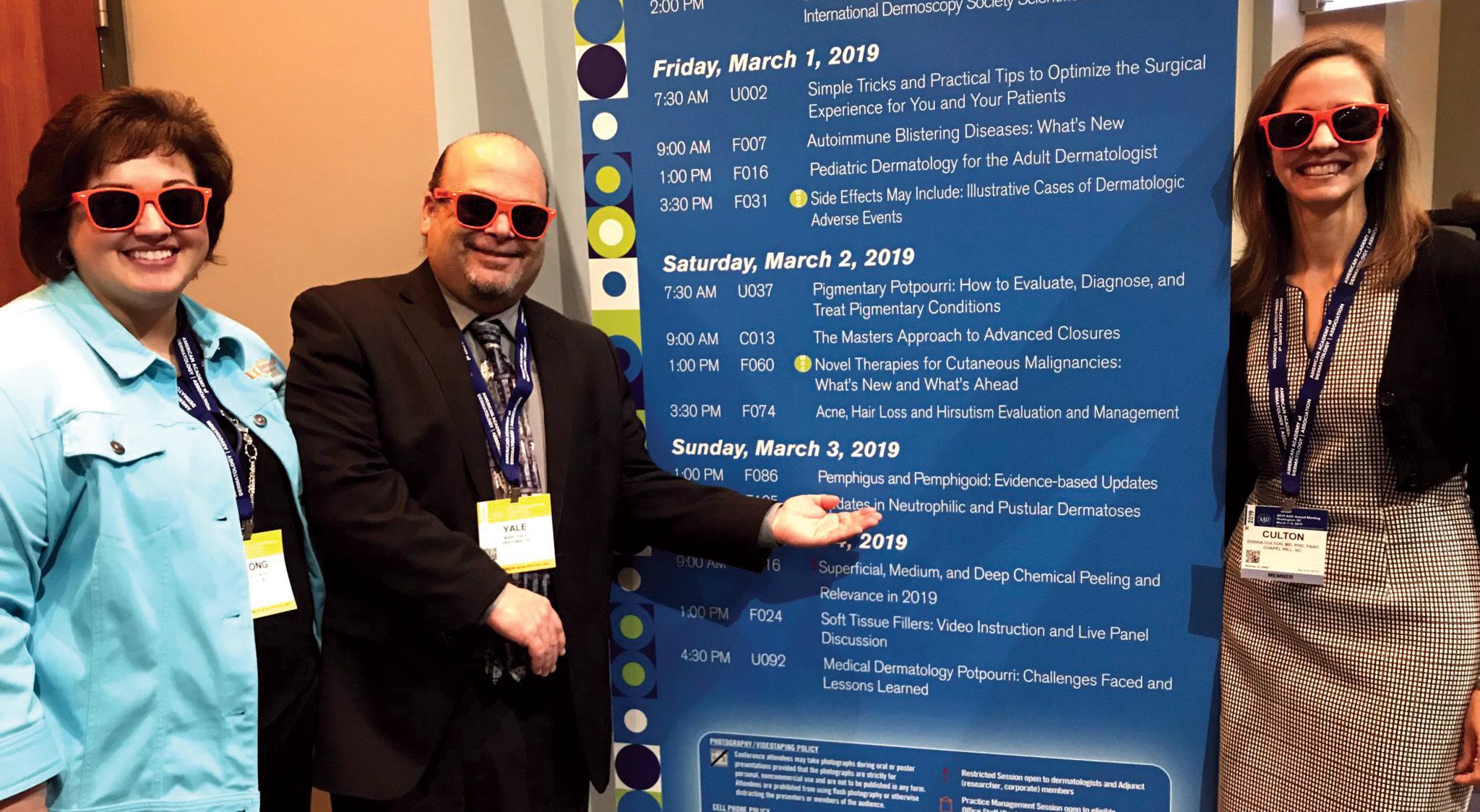
3 minute read
What is advocacy?
Becky Strong
When you hear the IPPF talk about advocating for you, what does it mean? What is the IPPF doing to help pemphigus and pemphigoid (P/P) patients? How does the IPPF spread the message to help you get the care you need? Let’s take a deep dive into IPPF advocacy efforts.
Advertisement
What is advocacy?
Advocacy is defined as public support or recommendation for a particular cause. Advocacy is different from lobbying, which looks to influence a particular elected official or legislation. Advocacy can take place on local, state, or federal levels of government. The IPPF mainly advocates for patients at the federal level, but we encourage our community to support grassroots efforts through various umbrella organizations.
What is an umbrella organization?
The IPPF is a member of umbrella organizations, including the National Organization for Rare Disorders (NORD), Rare Disease Legislative Advocates (RDLA), the International Alliance of Dermatology Patient Organizations (IADPO, also known as Global Skin), the Coalition of Skin Diseases (CSD), Global Genes, and the American Academy of Dermatology (AAD). Umbrella organizations are larger than the IPPF and often include smaller organizations that support patients of specific rare diseases or dermatological conditions. Umbrella organizations often dedicate a portion of their operating budget to research and advocacy priorities that affect their member organizations. They reach out to patient organizations to promote new legislation through “sign-on letters,” where organizations pledge their support and encourage their members to reach out to their congressional representatives.
The IPPF uses the reach of these umbrella organizations to plan large events, like Rare Disease Week on Capitol Hill and Rare Across America, and open doors to political offices through appointments on Capitol Hill and in district offices. Many times, the IPPF is able to meet directly with voting members of Congress on both Capitol Hill and in their district offices. Since it is important to reach as many members of Congress as possible, the IPPF notifies our community about these opportunities to advocate for rare diseases. Your voice is a vital part in getting bills passed that affect P/P patients.
You may hear that the IPPF has “signed on” to support a letter, recommendation, act, or piece of legislation moving through Congress. This means that IPPF Executive Director, Marc Yale, has added the IPPF to the list of organizations that support that particular issue. An organization may represent thousands of patients, so the number of constituents it can affect can add up very quickly.
How does it fit together?
An example of IPPF advocacy in action is in its support of the Rare Disease Congressional Caucus. This bipartisan caucus meets on Capitol Hill four times per year and includes members of the US Senate and House of Representatives. The IPPF supports the efforts of the RDLA to encourage all members of Congress to be part of the Rare Disease Congressional Caucus, since healthcare should not be a partisan issue.
The IPPF periodically asks patients to attend In-District Lobby Days and Rare Disease Day on Capitol Hill, and to ask their legislative member to join the Rare Disease Congressional Caucus. At these events, patients explain how rare diseases have affected their lives and how members of Congress have an opportunity to work together to help the 1-in-10 Americans living with a rare disease. RDLA reports that these efforts have convinced over 35 congressional members to join the Rare Disease Congressional Caucus. In total, there are currently 103 House of Representative members and 6 Senate members on this Caucus.
Moving forward
The IPPF is always looking for ways to be involved in advocacy efforts that benefit our community by promoting access to affordable healthcare and encouraging robust funding for the National Institutes of Health (NIH) and the Federal Drug Administration (FDA). If you would like to learn more, or to notify us about specific legislation, email advocacy@pemphigus.org.
Becky Strong is the IPPF Outreach Director. She was diagnosed with PV in 2010 and is currently in remission. She lives in Michigan with her family.









